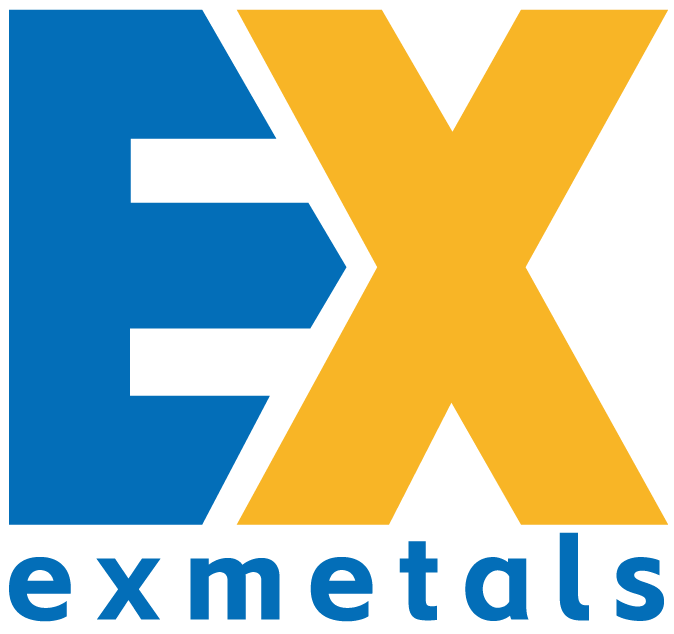In today’s architecture and interior design industry, decorative perforated sheet metal is quickly becoming the material of choice for many designers and property owners due to its unique aesthetic appeal and excellent performance. This versatile material not only enhances the visual impact of buildings and spaces but also offers multiple functional benefits, making it a perfect combination of beauty and practicality.
Key Features
Materials and Hole Patterns
Decorative perforated sheet metal is commonly made from materials such as aluminum alloy, stainless steel, iron, and copper. Among them, aluminum alloy is the most popular choice because it is lightweight, chemically stable, aesthetically pleasing, and highly decorative with a strong three-dimensional effect.
The hole patterns of perforated sheet metal are diverse and can include rectangular holes, square holes, diamond holes, round holes, slotted holes, hexagonal holes, cross-shaped holes, triangular holes, elongated holes, plum blossom holes, fish scale holes, and custom decorative patterns. This wide variety meets different design styles and functional requirements.
Performance Advantages
- Outstanding Decorative Effect:
Available in a wide range of colors that can be customized to meet designers’ preferences. The surface coatings of decorative perforated sheet metal are highly weather-resistant, ensuring long-lasting color and beauty in various environments. - Excellent Processability:
Can be processed into flat panels, curved panels, spherical surfaces, and other complex shapes, providing designers with great creative flexibility. - High Practicality:
Offers good ventilation and light transmission while also providing certain sound insulation and absorption effects, improving acoustic comfort in the space. In addition, perforated sheet metal is fire-resistant, corrosion-resistant, easy to install, easy to maintain, and simple to clean. - Eco-Friendly:
The material is recyclable, contributing to sustainable and environmentally friendly construction.
Applications
Building Facade Decoration
Decorative perforated sheet metal is widely used in building facades, adding a modern and striking visual effect to structures. By selecting different hole patterns and arrangements, it is possible to create rich light and shadow effects, enhancing the architectural appearance. Additionally, it can function as a sunshade panel to reduce direct sunlight and improve energy efficiency. In modern architecture, perforated sheet metal is often used in curtain wall designs, not only for aesthetics but also to help lower building energy consumption.
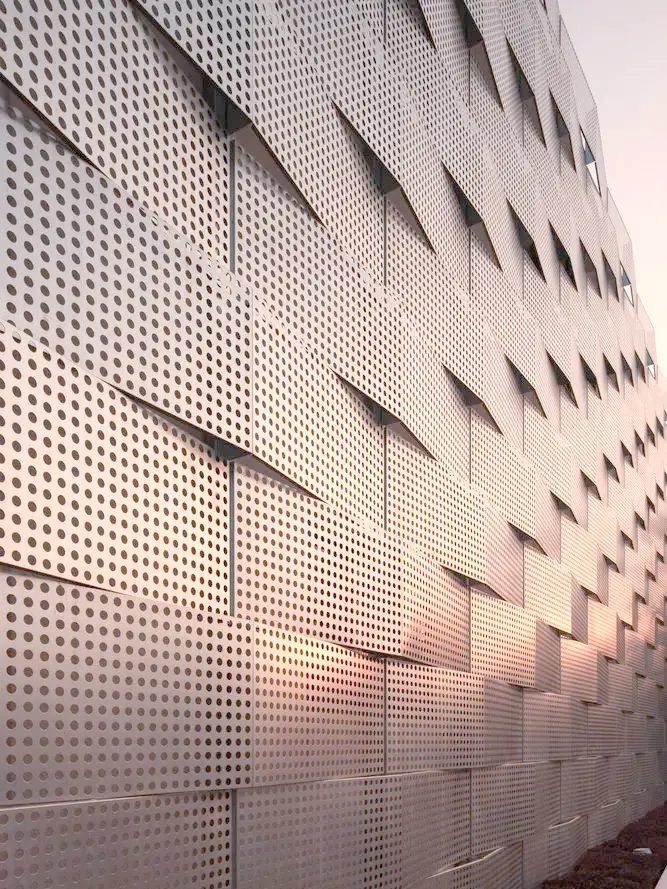
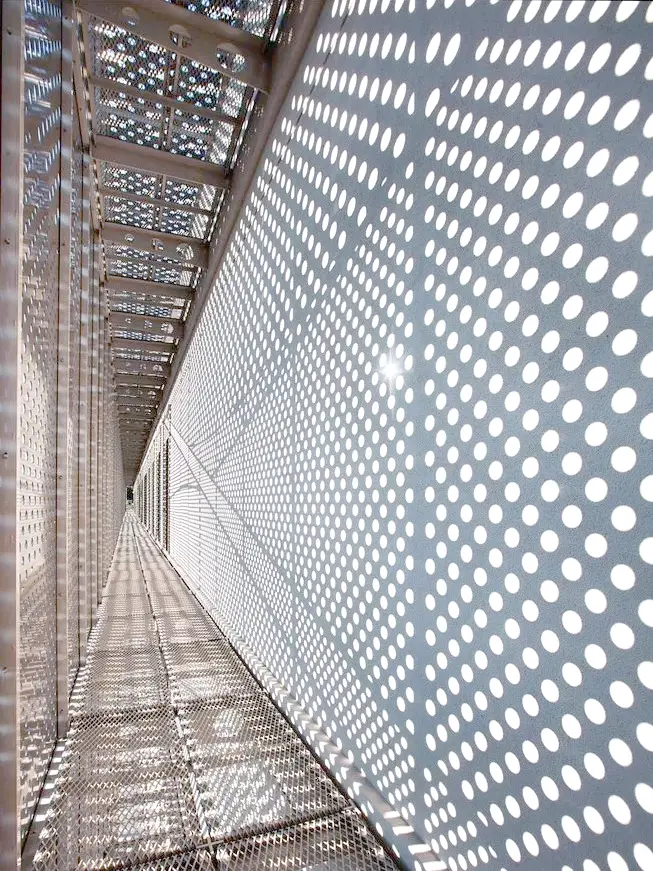
Interior Decoration
In interior spaces, decorative perforated sheet metal also plays a vital role. It is frequently used in partitions, screens, and feature walls, adding artistic texture and spatial layering. For example, in hotels, restaurants, and office buildings, partitions made from perforated sheet metal can define areas without creating a closed-off feeling, while simultaneously providing unique visual appeal. It is also ideal for ceiling designs, where it can be integrated with lighting systems to create special lighting effects and enhance the indoor atmosphere.
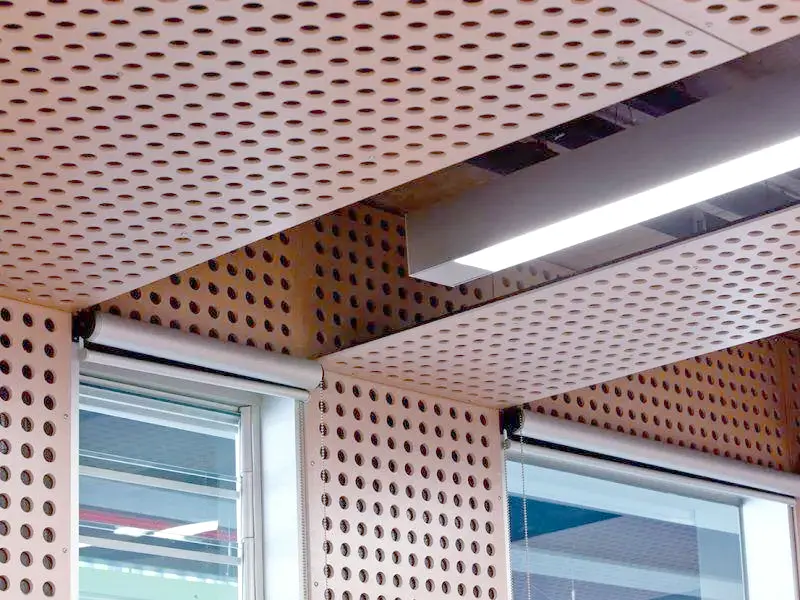
Landscape Design
In landscape architecture, decorative perforated sheet metal has wide applications. It can be crafted into various landscape elements and sculptures, bringing a sense of artistry and modernity to outdoor spaces. For instance, in parks and public squares, perforated sheet metal is often used to create attractive sculptures that harmoniously blend with the surroundings, becoming eye-catching focal points.
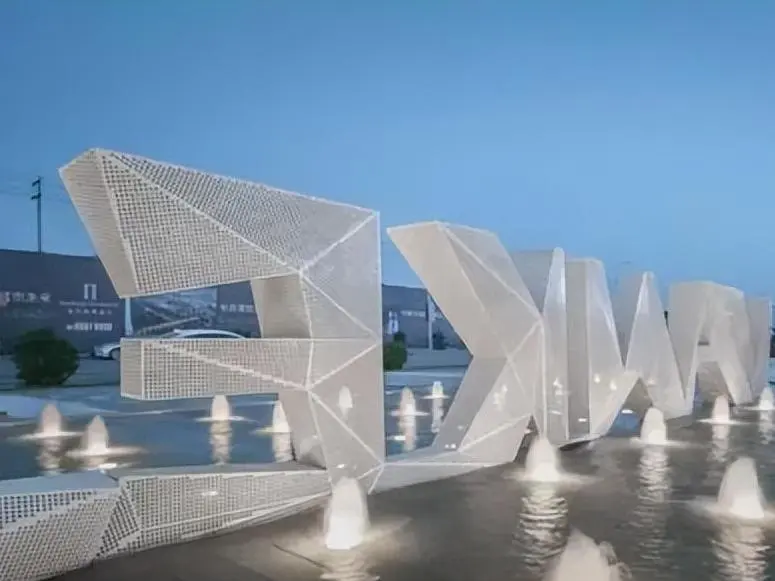
Conclusion
With its unique materials, rich hole patterns, excellent performance, and broad applications, decorative perforated sheet metal has become an essential element in modern architecture and interior design. Whether the project seeks a modern, high-tech aesthetic or emphasizes functionality and sustainability, decorative perforated sheet metal can fully meet those needs. As technology advances and design concepts evolve, decorative perforated sheet metal will play an increasingly significant role in shaping beautiful, comfortable, and eco-friendly living and working spaces.
